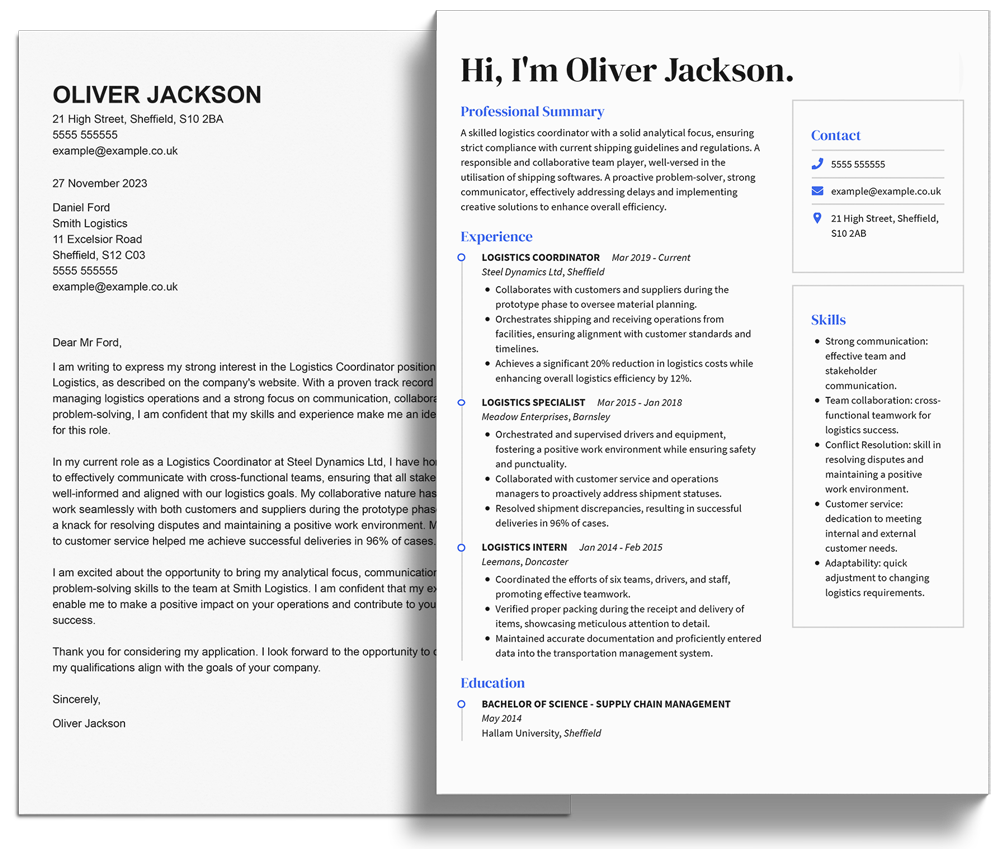Effective communication is a key skill that goes beyond merely transmitting information; it bridges gaps, fosters understanding, and builds relationships. It comprises several sub-skills that each play an integral role in how effectively we express our ideas, understand others, and coordinate actions, such as:
- Verbal communication
- Non-verbal communication (body language)
- Written communication
- Active listening
- Public speaking
- Persuasion
- Negotiation
- Conflict management
Why is active listening an interpersonal skill?
Active listening is more than just hearing what someone else is saying; it’s about understanding their message, providing feedback, and responding thoughtfully. This skill is vital in interpersonal communication because it establishes mutual respect and understanding, paving the way for productive conversations and collaborative partnerships. Active listening involves some of the most important interpersonal skills, such as:
- Attentiveness
- Reflective listening
- Summarizing
- Clarifying
- Questioning
Is empathy an interpersonal skill?
Empathy is a fundamental interpersonal skill. It involves the ability to understand and share the feelings and perspectives of others. It requires several sub-skills that work together to form a comprehensive, empathetic outlook. Examples of interpersonal skills linked to empathy are:
- Understanding others’ perspectives
- Emotional support
- Expressing understanding
- Empathetic response
What is conflict resolution?
Conflict resolution is an important skill, especially in collaborative work environments where differing opinions can often lead to disputes. It involves the ability to identify, address, and resolve conflicts in a way that respects all parties involved, maintains relationships, and fosters a positive work culture. Here are a few conflict resolution interpersonal skills examples:
- Mediation
- Negotiation
- Assertiveness
- Decision-making
Is teamwork an interpersonal skill?
Teamwork and collaboration are interpersonal communication skills that are fundamental in today’s workforce, as well as in everyday life. They bring together diverse perspectives, and experiences to achieve common goals. To help individuals to effectively contribute to their team and enhance overall productivity, make them work on key skills such as:
- Cooperation
- Coordination
- Delegation
- Sharing responsibility
- Openness to feedback
Why is adaptability such an important interpersonal skill?
Adaptability, a key interpersonal skill in today’s rapidly evolving work environment, involves flexibility and willingness to adjust to new circumstances and challenges efficiently and effectively. It includes several sub-skills that together build a robust adaptability framework, enabling individuals to embrace change, learn from new experiences, and turn challenges into opportunities. Here are some examples of interpersonal skills related to adaptability:
- Resilience
- Learning agility
- Open-mindedness
- Humour
- Positive attitude
Why is problem-solving an interpersonal skill?
Problem-solving is an integral interpersonal skill that involves applying logical thinking to identify solutions to complex situations. It requires a set of sub-skills to be effective, allowing individuals to accurately analyze a problem, generate feasible solutions, and implement them effectively to achieve a positive outcome. Its core components include:
Is leadership an interpersonal skill?
Leadership is a multifaceted interpersonal skill that involves guiding others towards a shared vision or goal. It is not merely about managing people; it’s about igniting passion, fostering innovation, and creating an environment where everyone feels valued and heard. The best leaders demonstrate excellent leadership skills such as:
What is cultural competence?
Cultural competence is an essential interpersonal skill in our increasingly globalized and diverse world. It involves understanding, respecting, and valuing cultural differences, allowing us to interact effectively with people from diverse backgrounds. The key sub-components of cultural competence include:
- Cultural awareness
- Open-mindedness
- Adaptability
- Intercultural communication
Emotional intelligence and interpersonal skills
Emotional intelligence is a vital interpersonal skill that goes beyond traditional intelligence measures. It encompasses a range of other interpersonal skills that allow us to recognize, understand, and manage our own emotions and those of others effectively. These sub-skills include:
- Self-awareness
- Self-regulation
- Relation management
- Social skills



